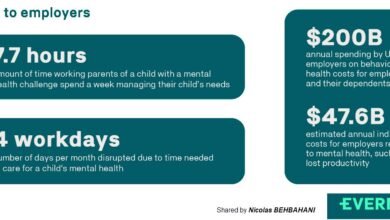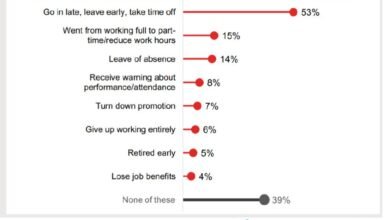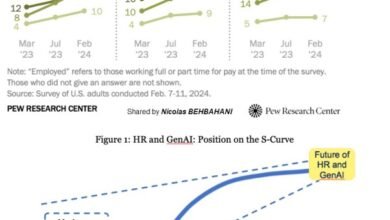
By | Garima Sharma
All organisations want their work culture to be healthy and productive. A crucial deciding factor in ensuring this is that every employee is in the role best suited for them, based not only on aptitude or skills but also that all employees are a part of the team they can best perform with. Knowing what works well for each person and how different people are likely to interact with each other, helps create better teams and improve business outcome.
Why Is It Crucial To Keep Your Team Together And Their Diverse Aspirations Aligned?
Healthy Work Environment– A team that gets along well isalways amongst the quickest to resolve conflicts, take initiatives and move ahead unanimously, thereby promoting a healthy and supportive working environment, conducive to high productivity levels.
Play on Strengths– Employees in a well set-up team are able to cater to their talents and interests more effectively. Such teams are based on understanding the each other, identifying their strengths at work, that can be leveraged upon and deliver results cohesively.
Supercharge Productivity– It’s a known fact that the more you understand how the people in your team work, the better you can cultivate a mechanism that enables better communication, problem solving, employee engagement , work satisfaction and improved efficiencyand competitiveness.
Balancing Your Team?
As much as it is vital to create a balance among teams, it is equally difficult to do so. Why? Because we are humans and it’s simply not easy for any organisation to make us to get along with everyone and work the way they’d like us to. Balancing individuals’ agendas with the goals of the group and the organisation, as a whole, is a daunting task. In order to achieve this, it’s important to select the right team members — people who are likely to work well together, particularly when the pressure is high.
Personality Tests And Balancing Teams
Many a times, as leaders we choose people and build teams based on functional skills alone. On other occasions we tend to pick people whom we like or who are similar to us in some way, thus defeating the whole idea of team diversity and inclusiveness.
These might not always be the best ways to build and balance teams. As per a study, interpersonal relationships of individuals depend on their personalities and not skills or expertise. You can put the most talented lot of employees together on a team, and it may still fail to perform as a cohesive unit. One of the best ways towards team-building is to select members on the basis of their personality, soft skills, behaviour and values.
Companies use different personality test for hiring and building teams. There are a number of personality assessments like Psyft Personality Assessment (based on five-factor model of Personality), etc available today.
Such tools can be used to assess not just individuals but also groups. These tests can highlight whether the group is likely to bond or tremble by evaluating certain behaviour and temperamental traits.
For instance, team members who are open minded and flexible, leverage conflict to improve performance, whereas closed-minded teams with dominant personalities, struggle with arriving at a consensus thereby, impeding initiative and progress. Also, teams who share work values perform better, people in such teams associate with each other more strongly as a group and display greater levels of consensus and innovation. Such aspects of ones’ personality can be identified and analysed through psychometric assessments. A personality test, such as the PPA, additionally focuses on understanding an individual’s levels of empathy, resilience and stress tolerance. This helps to scale how well a person might work with diverse personalities and provide a balance.
Using a personality test can assist in learning whether-
– An individual is likely to cooperate with team decisions.
– He/she is very competitive and likely to go against the grain.
– He/she is assertive.
– An individual is highly organized and has strong impulse control.
Such assessments can either be carried out right in the beginning of a new engagement i.e when an individual is joining a team or at the later stage in order to understand current team dynamics and how to achieve synergy among existing teams.
In order to be better equipped in delivering organizations’ objectives, especially in the time and age of globally dispersed workforces, use a personality test to see whether your teams have people with qualities that’ll take them and the organisation move ahead or will they only become a drag for the organisation. Focussing on elements like – interpersonal relationships, flexibility, and pragmatism, openness, etc. is very crucial.
Effective team building is based on understanding your people and equipping them to be able to work together, as a unit.






